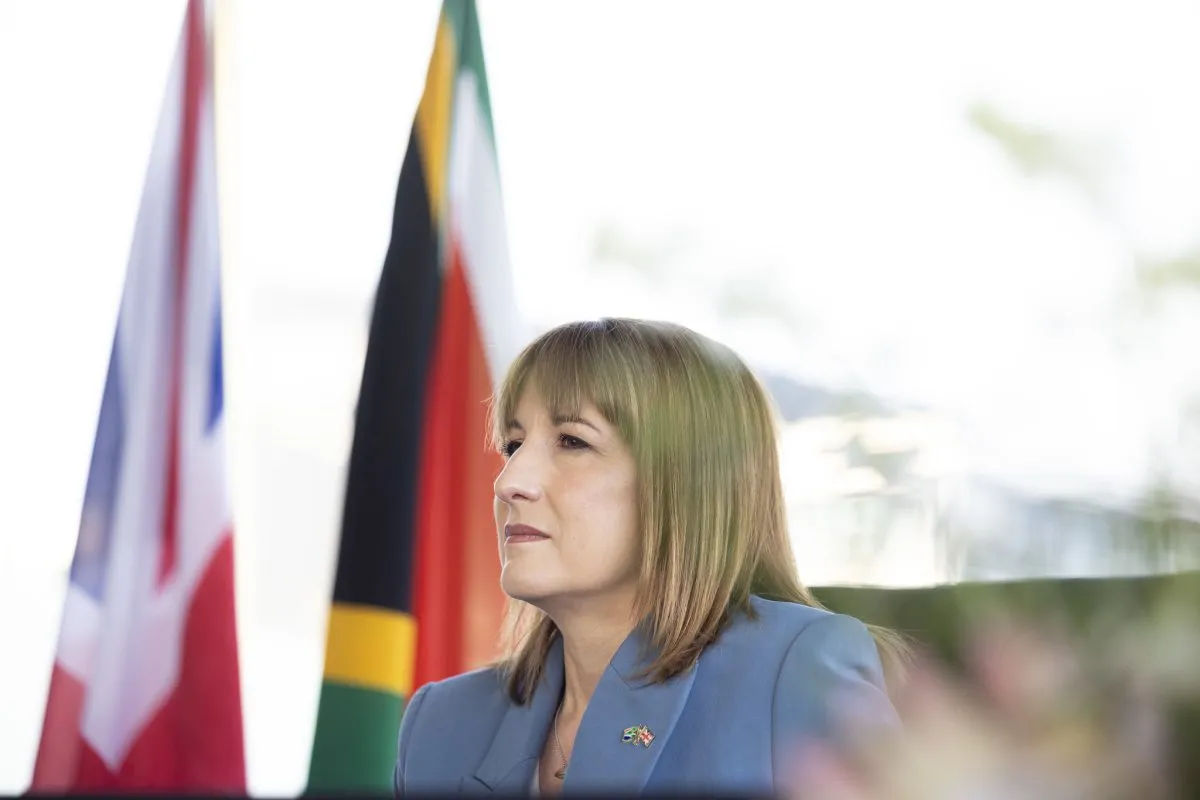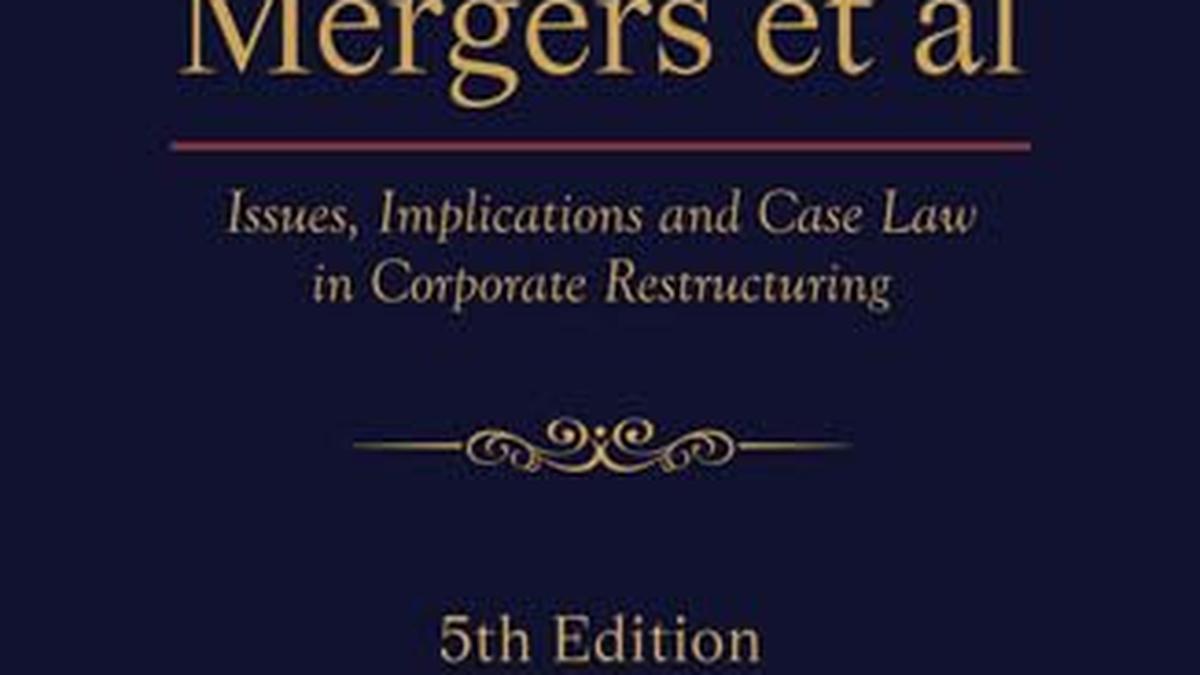Copyright cityam

Rachel Reeves is preparing to tighten the rules on salary sacrifice schemes in what would amount to a stealth tax raid on pension savings, as the chancellor searches for ways to fill a yawning £30bn black hole in public finances. Reeves will use her November Budget to cap the amount that workers can pay into pensions through salary sacrifice schemes without incurring national insurance contributions, the Times reported, a move that could raise up to £2bn a year. Currently, employees and employers avoid national insurance on income diverted into pensions through salary sacrifice arrangements. But, under the new plans, that exemption would be capped at £2,000 per employee per year, meaning any further pension contributions would be subject to standard NI rates of eight per cent for most workers and two per cent for higher earners. ‘Thin end of the wedge’ Pensions experts warned the measure could deal a double blow to savers and employers, with firms also losing relief on the 15 per cent employer national insurance rate applied to contributions. Steve Webb, a partner at consultants LCP and former pensions minister, said the policy risked punishing firms “doing the right thing” by encouraging retirement saving.” “Introducing a cap would increase national insurance bills mostly for employers and hits the very firms who are doing the right thing,” he told said. “Once a cap is in place, there will be a widespread expectation that this is the thin end of the wedge and eventual abolition is on the cards.” The Society of Pension Professionals said the change could force companies to pare back contributions or reduce pay rises to offset the higher costs. Its chair of tax, Steve Hitchiner, said: “Our expectation is that this will be passed down to employees, through less generous employer pension contributions or smaller pay rises.” Research from HMRC has found strong opposition among businesses, with some warning it could “disincentivise saving into a pension” and hit morale as workers face smaller pay packets despite unchanged salaries. A basic-rate taxpayer earning £50,270 who saves six per cent of their salary would pay around £80 more in NI each year. Meanwhile, a worker saving £5,000, which is around 10 per cent of their income, would pay £240 more. Wider tax squeeze The clampdown forms part of a wider fiscal tightening expected in Reeves’s first autumn Budget later this month, where she is also weighing up income tax rises for high earners. Reports suggest the chancellor could announce a two-pence increase in income tax for those earning more than £75,000, partly offset by a national insurance cut for lower earners. The move could see those earning over £125,000 paying around £1,700 more in tax each year. The Treasury hopes the measures will raise several billion pounds without breaching Labour’s manifesto promise not to increase the three main tax rates for “working people”, though critics have branded the approach a “backdoor” tax rise. Reeves is under pressure to reassure business and investors that Britain remains an attractive hub for growth after a group of fintech founders, including bosses from Revolut and OakNorth, warned that warned tax changes risk undermining London’s tech ambitions. With her 26 November Budget fast approaching, Reeves faces a delicate balancing act of convincing markets she can repair the public finances while avoiding the perception of a raid on middle and higher-income households.



